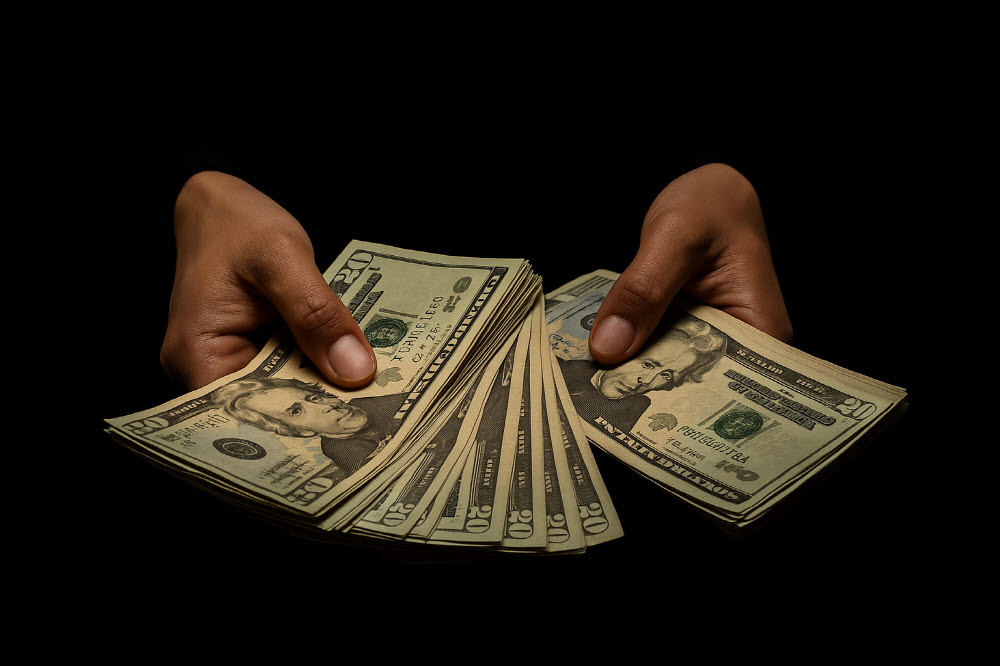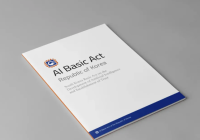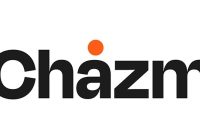
This week, the startup ecosystem saw notable growth across various sectors, driven by government and local government-led funding expansion, technology demonstration, and concentrated startup support programs.
The Ministry of SMEs and Startups (MSS) has allocated a second supplementary budget plan for 2025, totaling ₩1.0405 trillion (approximately $755 million USD). This budget focuses on: ▲restoring management for small business owners ▲deep tech startup and regional economic revitalization ▲spreading technological innovation, including AI. In particular, significant funds have been invested in projects that strengthen the advanced technology startup ecosystem, such as the “Super Gap Startup 1000+ Project” and “Region-Led AI Transformation.” Furthermore, ₩400 billion (approximately $290 million USD) has been allocated for investment in the Fund of Funds.
The Seoul Metropolitan Government has officially launched an integrated support system to assist middle-aged individuals (ages 40-64) with their entrepreneurial endeavors. This program targets aspiring entrepreneurs and companies within seven years of establishment, offering shared office spaces (campus-style), customized consulting, expert advice, and demo day events. Excellent teams will also receive prizes of up to ₩50 million (approximately $36,000 USD) and investment linkage opportunities.
Efforts to expand region-based AI technology are also active. As part of the first phase of the “Super Gap Startup 1000+” initiative, the “Micro Super Gap Program,”the government is supporting technology commercialization through collaborations between regional SMEs and AI startups. Thirteen tasks have been identified across five industry groups, and ten promising startups will be selected, each receiving ₩80 million (approximately $58,000 USD) in support.
Startup demonstration projects for global expansion have also commenced. The Ministry of Science and ICT has selected eight AI startups to conduct overseas demonstrations in four key areas: healthcare, manufacturing, education, and agriculture/livestock. These companies will collaborate with institutions in various countries, including Singapore, Germany, Mexico, Luxembourg, and Malaysia, to prove their technological capabilities and establish a foothold in overseas markets.
Support for small business owners, bridging tradition and innovation, has also been strengthened. The MSS newly designated 100 businesses as “Centennial Stores” and “Centennial Small Businesses.” With an average competition ratio of 7.9:1, this designation included promising traditional small businesses from various regions, such as kalguksu (noodle soup) restaurants, traditional pottery workshops, and beauty academies.
Future strategies for the content industry were also presented. The “2025 Content Industry Forum,” hosted by the Korea Creative Content Agency, discussed strategies for expanding the next K-content, with experts from major fields such as broadcasting, music, and gaming participating as lecturers.
Meanwhile, ten startups that received industrial convergence regulatory sandbox approvals participated in an investor relations session. These companies, presenting innovative items such as customized cosmetic manufacturing, mobile electric vehicle charging, pet healthcare, and AI drone urban inspection, secured opportunities for investor linkage for future market demonstrations and commercialization.






